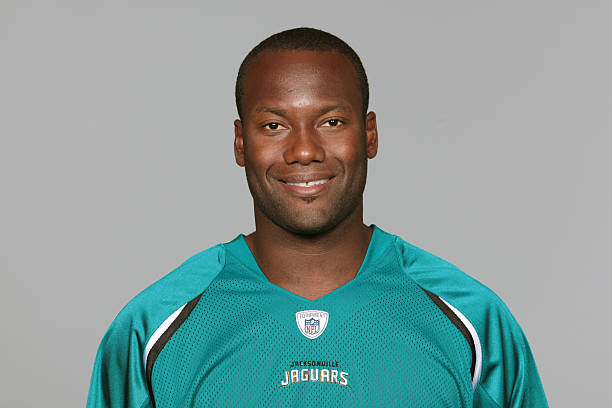“You Might Have Crohn’s, But it Doesn’t Have You”: Former NFL Player Speaks


When you think of a resilient person, what do you think of? A person who has the ability or willpower to grow from and move through difficult circumstances? Or someone who has the willingness to adapt and be flexible, the ability to solve problems, and a positive outlook on things, regardless of the situation they’re in? Yeah! This is exactly what I think of.
David Garrard is the epitome of resilience. His story shows that you can overcome anything despite your circumstances or condition. Garrard is a Black American former football quarterback who played in the NFL for ten seasons, primarily with the Jacksonville Jaguars. Garrard also suffers from Crohn’s disease. Crohn’s disease is a chronic inflammatory bowel disease (IBD) that causes inflammation and irritation in the digestive tract. There is no known cure for Crohn’s disease.
I’ll give you a little background. Garrard was born in East Orange, New Jersey, and grew up in Durham, North Carolina. Garrard attended Southern High School in Durham. He was named an All-America choice by Prep Stars (an organization that provides a personalized recruiting solution for each student-athlete) and rated the best high school quarterback in all of North Carolina. When Garrard was just fourteen years old, his mother died of breast cancer.
From high school, Garrard attended East Carolina University, where he played for the East Carolina Pirates football team. He then went on to play professional football. The Jaguars selected him in the fourth round of the NFL draft. When he began his professional career, he created The David Garrard Foundation to promote breast cancer (with his mother in mind of course) awareness and research. This was just the beginning of all of the amazing work and awareness he’d bring to the forefront.
Fast forward to 2004. “One minute I was sitting in my lounge chair at home watching TV, the next minute I was doubled over. Not even Ravens linebacker Ray Lewis hitting me from the blind side hurt that bad. For a few minutes, I could hardly breathe,” said Garrard.
RELATED: Is Your Crohn’s Getting Worse? 6 Ways to Tell
If you’re not familiar with Crohn’s disease, symptoms typically include:
- Abdominal pain and cramping
- Pain or drainage near or around the anus due to inflammation from a tunnel into the skin (fistula)
- Blood in your stool
- Diarrhea
- Kidney stones
- Reduced appetite and weight loss
- Fatigue
- Iron deficiency
- Fever
- Inflammation of the skin, eyes and joints
- Inflammation of the liver or bile ducts
Garrard’s pain started in January, but he shrugged it off. Two months later during the team’s off-season conditioning program, he knew something still wasn’t completely right with his body. A team trainer sent Garrard to a gastroenterologist (a medical doctor who specializes in the digestive system) in Jacksonville where he was informed that he had Crohn’s disease.
Signs that you should seek a doctor:
- Abdominal pain
- Diarrhea lasting for more than two weeks
- Blood in your stool
- Vomiting or nausea
- Unexplained weight loss
- Unexplained fever (especially in addition to other symptoms)
Garrard ended up having surgery to remove a section of his diseased intestines. Six weeks later, Garrard was back on the football field, practicing harder than before, changing certain lifestyle ways, and getting back into game shape. With faith and determination, Garrard was




